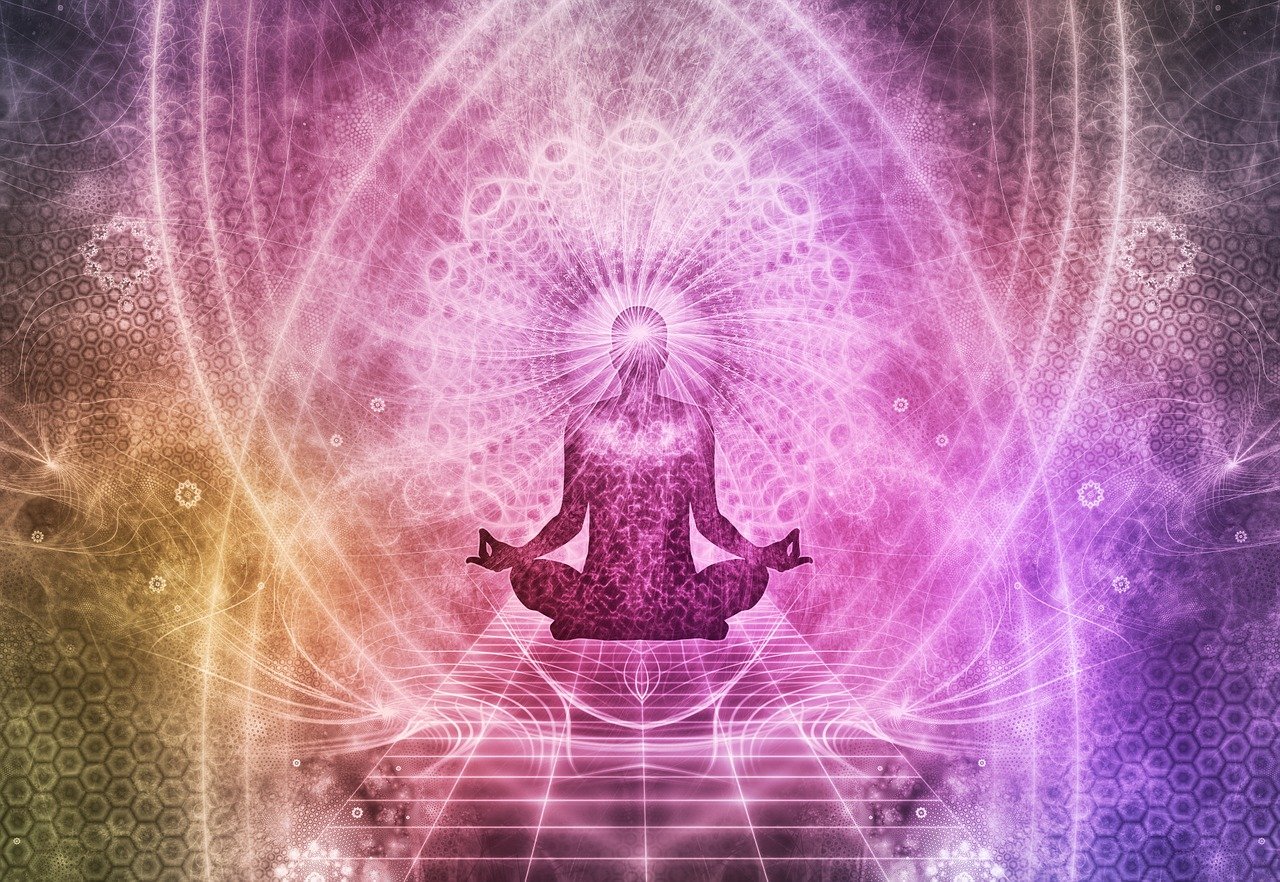🧘♂️ Discovering Meditation: An Exploration of Origins, Benefits, and Techniques 🌟
01/10/2024

Meditation, an ancient practice dating back thousands of years, has fascinated and captivated cultures worldwide for its benefits on mental and physical health. Today, in my article, I explain its foundations, its benefits, and the different techniques for practicing meditation.
Origins of Meditation
Meditation finds its roots in ancient practices originating from India and China, where it was used as a means to cultivate inner peace and wisdom. Ancient Buddhist and Hindu texts refer to this practice, considering it a way to free the mind from torment and attain enlightenment.
Health Benefits
Physical Benefits:
-
Stress Reduction: Meditation aids in reducing cortisol levels, the stress hormone, in the body.
-
Improved Sleep: Regular practitioners often experience better sleep quality.
-
Enhanced Immune System: Studies have shown that regular meditation strengthens the body's immune response.
Mental Benefits:
-
Reduced Anxiety and Depression: Meditation promotes mental clarity and emotional management, thus reducing symptoms of anxiety and depression.
-
Increased Concentration and Attention: Regular meditation enhances concentration and mental focus.
-
Enhanced Emotional Well-being: It fosters a positive attitude towards oneself and others.
How to Practice Meditation?
Preparation:
Find a Quiet Place: Choose a peaceful, comfortable, and distraction-free space.
Comfortable Posture: Adopt a comfortable sitting position, straight back, relaxed shoulders, and closed or slightly open eyes.
Basic Techniques:
Breath Awareness: Focus on your breath, observing the inhale and exhale of your breath.
Guided Meditation: Follow audio recordings or instructions that guide you through relaxation and concentration scenarios.
Types of Meditation
Mindfulness Meditation: Focus on the present moment, observing thoughts, emotions, and bodily sensations.
Transcendental Meditation: Repeat a specific mantra to calm the mind and achieve a deep state of consciousness.
Vipassana Meditation: Observe physical sensations to develop mental clarity and concentration.
Zen Meditation (Zazen): Focus on posture and breathing to achieve a state of tranquility.
Conclusion
Meditation is a powerful practice that brings numerous physical and mental benefits. Regardless of the chosen method, integrating meditation into your daily life can promote a more balanced, calm, and fulfilling life.
Meditation is not an instant remedy, but regular practice can bring lasting benefits for overall well-being. Start gradually (5 minutes, then 10 minutes, then 20 minutes) with patience and perseverance to discover the multiple advantages of this ancient discipline.